We caught up with the brilliant and insightful Bruce Maltzman a few weeks ago and have shared our conversation below.
Hi Bruce, thanks for joining us today. What did your parents do right and how has that impacted you in your life and career?
This is an excerpt from an article I wrote after my mom passed away.
The life lessons that I learned from my mother are the reason for any success I have had in my life. And I would like to share them.
The first lesson is the importance of family love. Through good times and bad times there was always unconditional love, unconditional support (despite some of my questionable decisions along the way). When I left home for my first teaching job, my mom cried. The tears would be for all the day to day sharing that would be missed when I left Jersey City for the far corner of the universe-that would be Toms River-an hour away.
The second lesson that I learned from my mom is the importance of a good work ethic. My mom was the hardest worker I ever knew. Besides cooking, cleaning, raising a family and working in dad’s bakery on weekends, she also worked full time at First Jersey National Bank. (How was that even possible?) The bank wanted to train her to be an executive, but she turned them down flat because it would mean time away from her family and preclude her from meeting my school bus at the end of the day. The bank made her a supervisor anyway in charge of new accounts. So respected was she that years later, the bank hired me on the spot just because I was Esther Maltzman’s son.
The third lesson that mom taught me was the importance of helping others-of giving something back. When I was in elementary school, she was a “class mom.” Actually, she was always a class mom. When I was a boy scout, she was a den mother. But when she wanted to chaperone my honeymoon, I had to put my foot down. Mom also volunteered at the Jewish Home in Jersey City. Years later when my parents moved to Florida she was a hospice volunteer and also worked in the “Citizens on Patrol” and the “we care” programs.
Mom lived in a small one bedroom condo whose warmth and comfort belied its size, yet reflected her personality. She hosted a couple of canasta games every week, and her friends tell me the games are just not the same without her. Her modest income never got in the way of her zest for life.
I think the greatest lesson I learned from mom was by watching the way she lived her life day to day, and the lesson is: “The happiest people don’t necessarily have the best of everything; they just make the best of everything.”
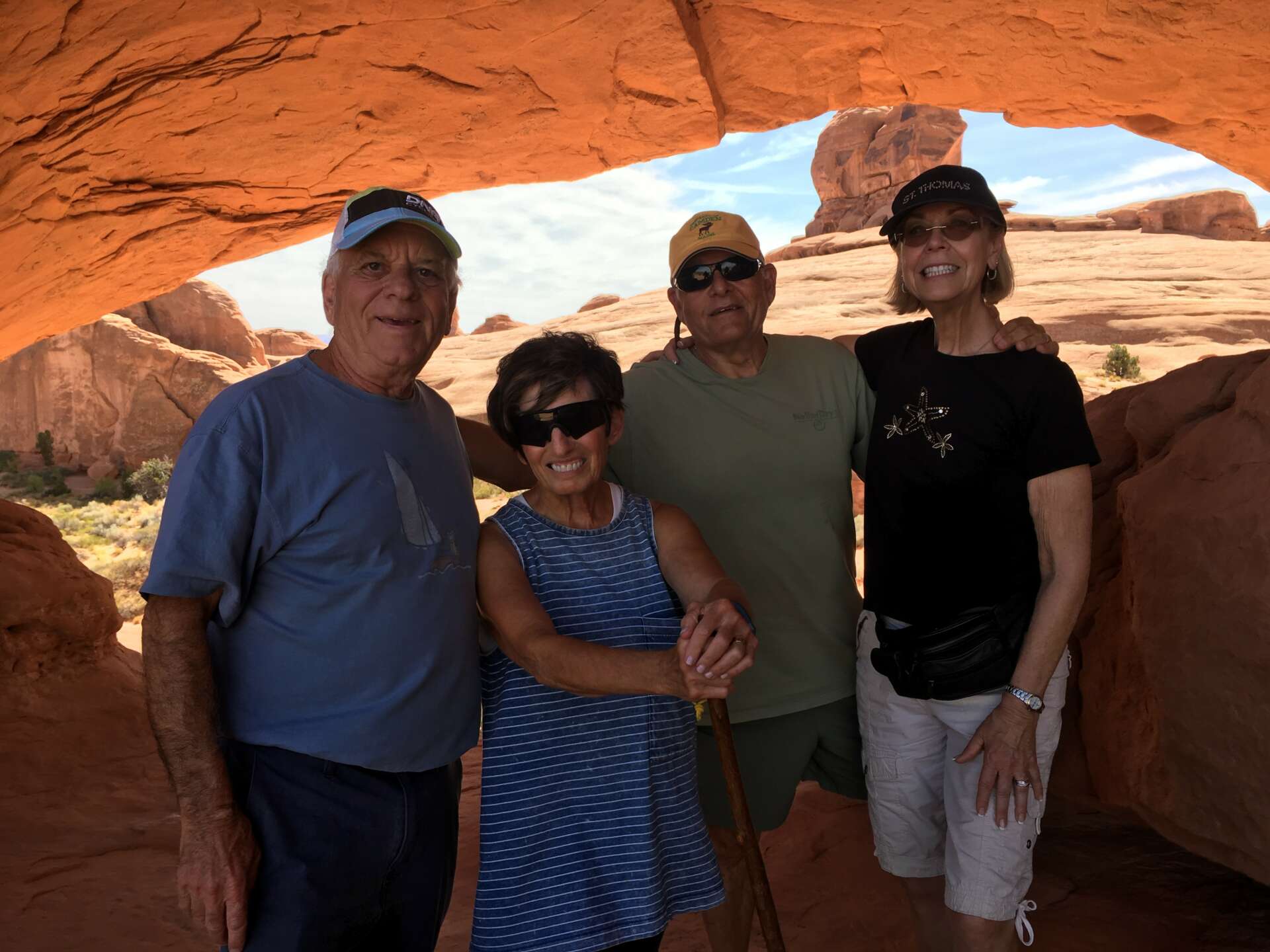
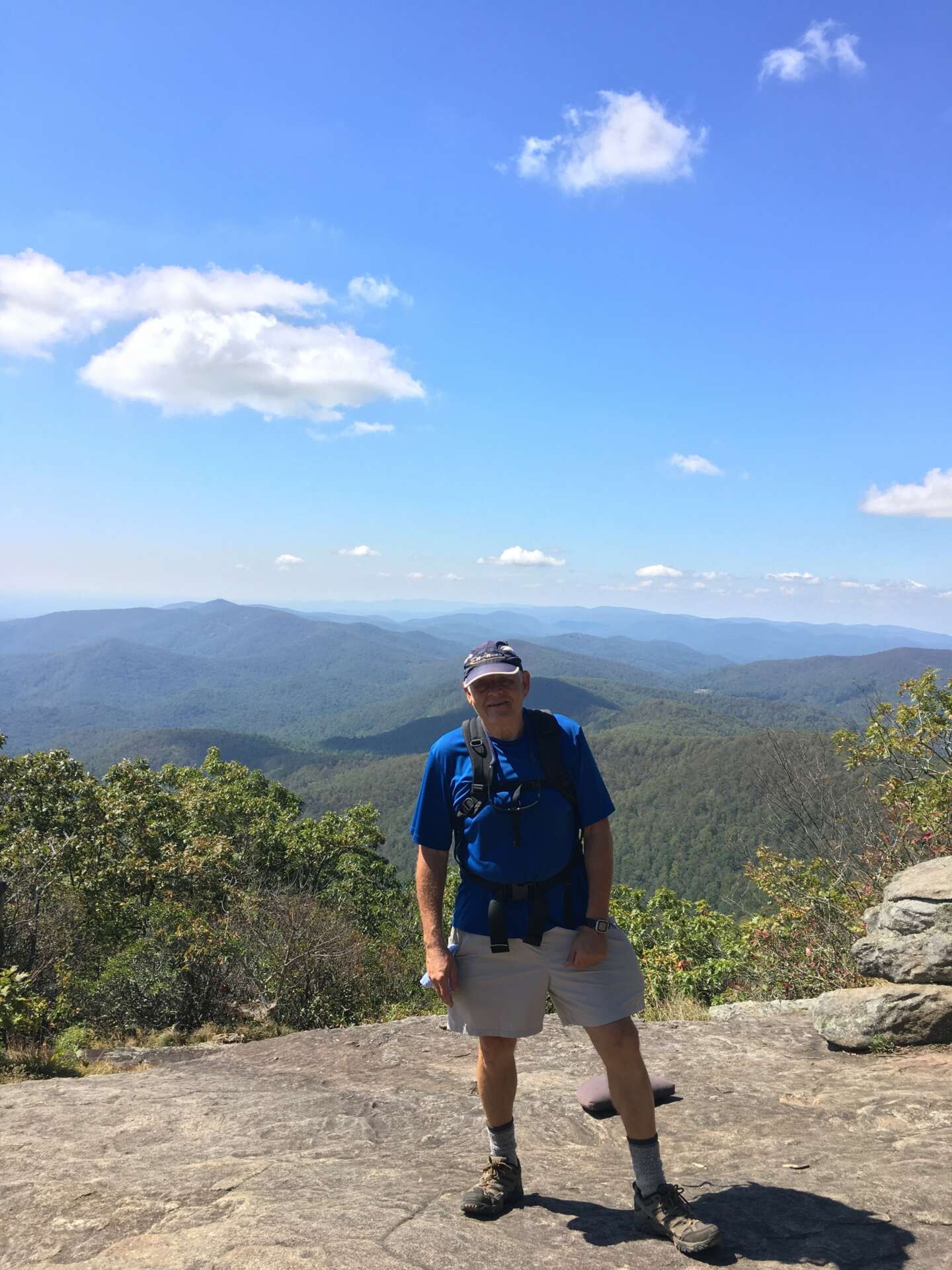
Bruce, before we move on to more of these sorts of questions, can you take some time to bring our readers up to speed on you and what you do?
During my career as an educator, my avocation became studying the most powerful people in the self-development movement. I learned early on from them that you do not work for someone else, but rather you always work for yourself no matter what you do. I became fascinated with leaders like Dale Carnegie, Steven Covey, Dr. Richard Carlson, and Dr. Wayne Dyer. I read their books and studied their principles. I believe that their principles and life lessons along with some lesser known, yet equally brilliant minds, should be shared universally. This led to my recently released book, BE INSPIRED! OVER 300 WAYS TO IMPROVE YOUR LIFE RIGHT NOW! The book contains chapters on eight of these great leaders and their most important concepts. The dissemination of these 300+life lessons is by far my proudest accomplishment!
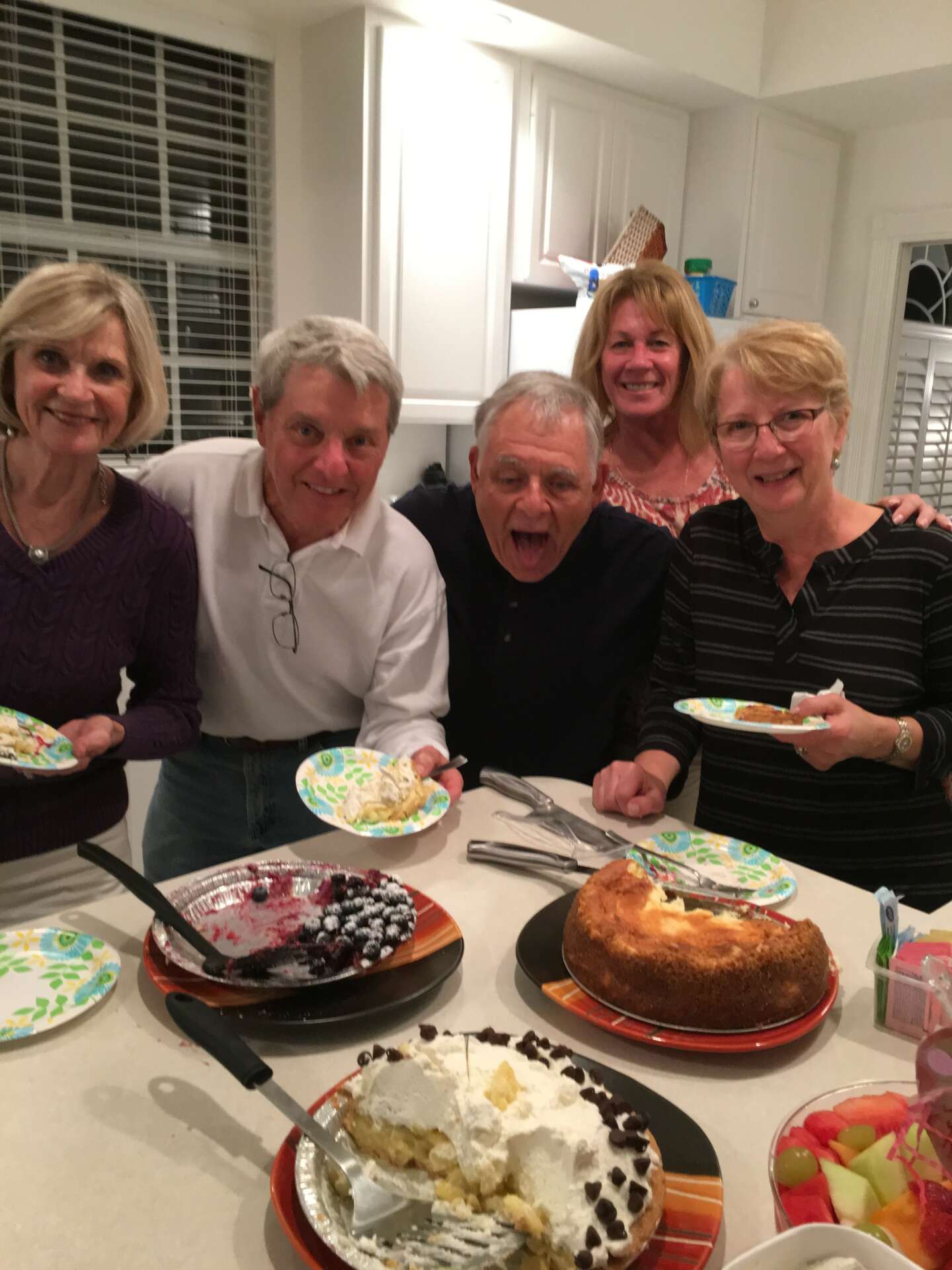
Are there any books, videos or other content that you feel have meaningfully impacted your thinking?
One of my early mentors told me that the day you stop learning is the day you start dying. Since then, I have surrounded myself with books and programs that both motivate and teach. In my book, “BE INSPIRED!”, I share the teachings of one of my earliest mentors, Dr. David S. Schwartz and his runaway bestseller, with over six million copies sold, “The Magic of Thinking Big” (written in 1959). Dr. Schwartz was a professor of marketing at Georgia State University as well as president of Creative Educational Services, Inc., a consulting firm specializing in leadership development. His book details a program for getting the most out of your job, your marriage, your community and your family. “The Magic of Thinking Big” is still a valuable resource, over sixty years after its publication, and its lesson of “”persistent patience” is as important today as when it first appeared.
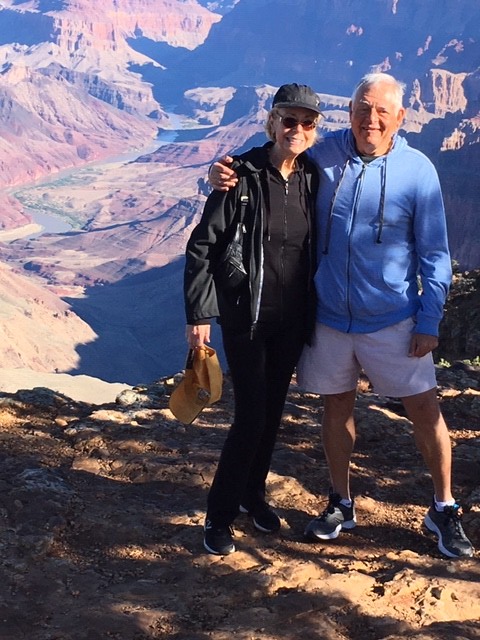
What do you think is the goal or mission that drives your creative journey?
In my various roles of educator, counselor and author, I have always worked hard to make a difference wherever I could. This was especially rewarding for me when I worked as an elementary school counselor. These kids (grades K-6) wore their hearts on their sleeves, and were malleable. I could actually change lives for the better, a far cry from my high school counseling days where the best I could hope for was a band-aid. In my role as an elementary counselor, my principal encouraged me to develop a values based lesson for all the students. This proved to be challenging because vocabulary swings from kindergarten to grade 6 are quite significant, but I developed a terrific values based lesson consisting of 5 rules all designed to make a difference in my students’ lives: 1. Always do your best.
2. Actions have consequences; you are responsible for your actions.
3. Respect others, especially when their opinions are different from yours.
4. Help others whenever you can.
5. Have fun.
Whenever I lecture, I always finish my presentation with the “Starfish Story”, an adaptation of “The Star Thrower” by Loren Eisley :
A young man is walking along the ocean after a big storm has passed, and he sees a beach with thousands and thousands of starfish that have washed ashore. Further along, he sees an old man walking slowly and often stooping, picking up one starfish after another and tossing each in the ocean as far as his strength would allow.
“Why are you throwing starfish into the ocean?” the young man inquires.
“Because the sun is up, and the tide is going out, and if I don’t throw them further out, they will die,” answers the old man.
“But, old man, don’t you realize there are tens of thousands of starfish along the beach? You can’t possibly save them all. In fact, even if you work all day, your efforts won’t make any difference at all.”
The old man bent down, picked up yet another starfish, and threw it as far as he could into the ocean. Then he turned to the young man, smiled, and said, “It made a difference to that one.”
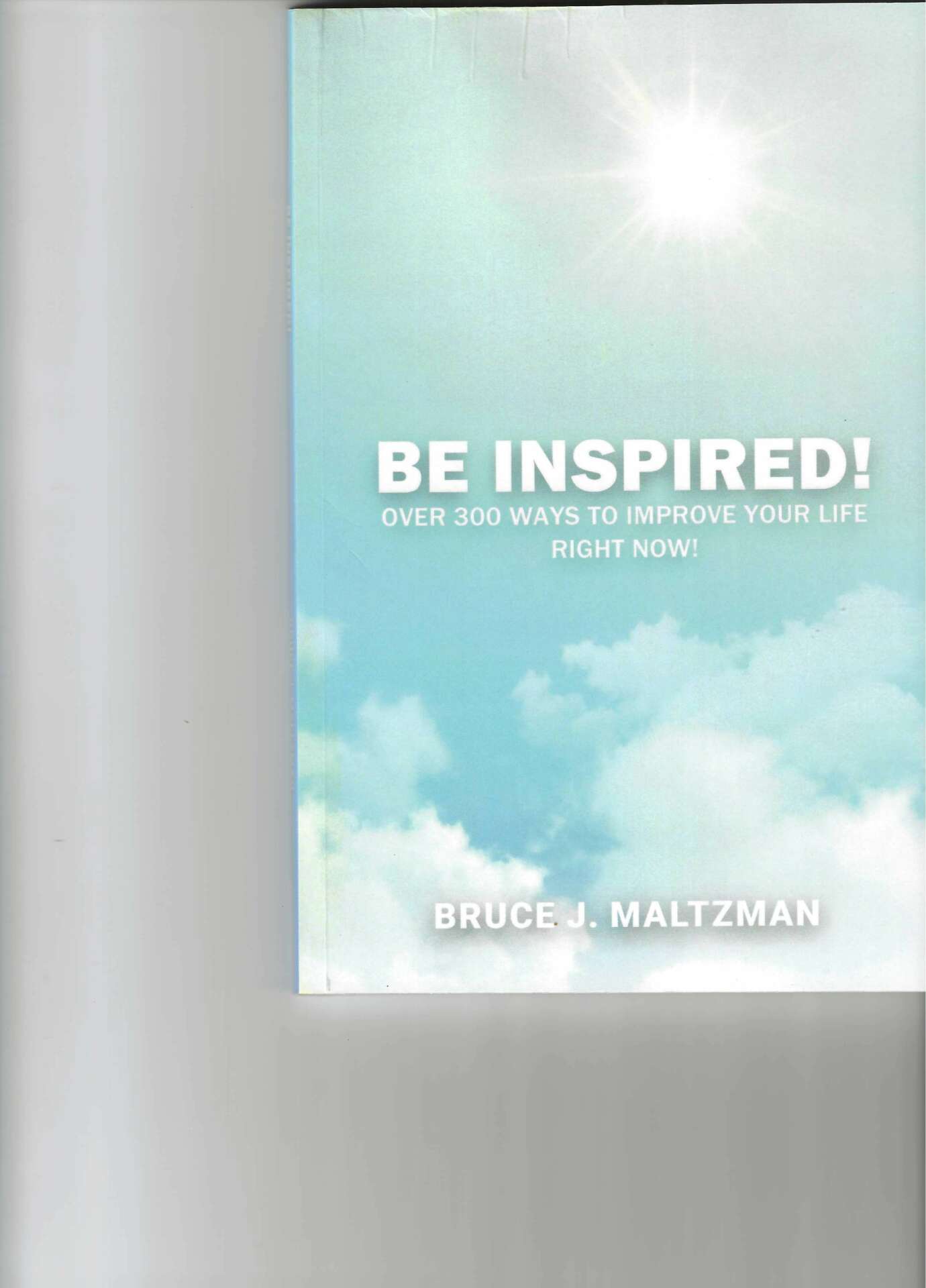
Contact Info:
- Other: email [email protected]
- My book is now available in Amazon


